A Fishy Adventure: My Foray into Aquaponics
You ever have one of those days where you think you’re just going to transform your backyard into a mini Eden? Yeah, that was me last summer. I lived in a small town, where “local news” revolve around whose tomatoes won the county fair. So, convinced that I could do better than just growing tomatoes, I set out to build an aquaponics system. Little did I know, I was diving headfirst into an aquatic circus of disasters.
The Grand Concept
It all started with a YouTube video — you know the ones, where someone puts a bunch of fish and plants together in the most harmonious way imaginable. I got all starry-eyed listening to the narrator explain the cycle of fish waste feeding the plants and, in return, the plants cleaning the water for the fish. I mean, how could I not? It sounded like some sort of magical harmony between nature and technology, all while saving me trips to the grocery store.
So, with barely any knowledge but a lot of enthusiasm, I rolled up my sleeves and decided to build my own aquaponics system. “How hard can it be?” I thought, right? I figured I would use some old wooden pallets and a plastic livestock tank I had lying around. Not the prettiest sight, but hey — it was free!
The Build Begins
In the beginning, everything felt like pure possibility. I ordered small tilapia online–initially just a handful because, well, I thought fish morality was important or something. They arrived in a big cardboard box with holes punched in it, and I swear they gave me the stink-eye the moment I opened it.
"I’ve got a plan for you, my fishy friends!" I announced, leading them from the box into the tank.
Then, the real construction began. I pulled out my trusty old drill, a little rusty, like me. As I started screwing in the pipes and attaching everything, I knocked over a bucket of rocks that I was using as a water filter. In my frustration, I muttered something about how if I wanted a rock garden, I’d just go to the local park. Eventually, though, the system started coming together, even if it did look more like a science fair project than a sophisticated fish-farm.
The Smell of Success? Not Quite
Once I had everything assembled, it was time to fill the tank and launch my aquatic paradise. I filled it with water straight from the hose, and it smelled all… well, like a garden hose. Kind of rubbery and weird. For a moment, I questioned my sanity.
Did I mention I hadn’t tested the pump? Yeah, that was a rookie mistake. I flipped the switch, held my breath, and found myself face-to-face with a fountain of water erupting from a loose joint like an unexpected geyser. The water took one messy detour through my backyard before finally settling into the tank again.
I thought, “Okay, I’ve mashed together fish, plants, and a makeshift tank. How could this go wrong?”
Well, fast forward a week, and those poor tilapia were flipping about as if they were auditioning for a death scene in a B-movie. It was at that moment I went out to check on them — and there it was, that dreaded tint of green in the water. Oh boy. Algae.
I wondered if I’d just created a fish sauna. And there it was, an olfactory assault of algae mingling with that rubbery garden hose smell. I know what you’re thinking — who would’ve thought water could turn into a catastrophe so quickly?
The Community Connection
When I finally got the algae under control (thanks to a fellow townie who suggested some algae-eating fish), I had the rest of the neighborhood clamoring for updates. Everyone was dying to know if I’d swapped out my guppies for goldfish or if the pump was working yet. It reminded me how, in a small town, failure is just the first step to a gossip column!
With their interest piqued, I started inviting folks over to see my “small-scale sustainable farming effort.” That definitely added some pressure, like suddenly I was running a private tour instead of just muddling through my various experiments.
Perseverance Pays Off—Kind Of
Through trial and error, I made adjustments: I think I rebuilt the water system at least three times before I got things mostly right. I even managed to keep the tilapia alive long enough to start seeing little green sprouts of basil and lettuce floating on top, their vibrant colors pushing against that wretched green of the algae-filled water. Talk about an odd couple!
I also got lucky with the tilapia too; they were surprisingly resilient, albeit a bit overripe for my liking. By this point, though, I was getting tired of swimming upstream — or was it downstream? I was ready for a little victory.
A Lesson in Acceptance
Looking back now, I’ve realized something crucial: if you want to get into something like aquaponics (or really any crazy aspiration), perfection is overrated. My backyard wasn’t the best setup, but it had character—kind of like me.
So if you’re on the edge, thinking about diving into this watery world yourself, remember this: the messes, failures, and unexpected surprises will teach you more than anything else. Just start. You’ll laugh, you’ll cringe, but ultimately, you’ll learn.
And who knows, you might even end up with fresh basil and the occasional surprise fish fry—or at least a funny story to tell over coffee!
So, if you’re intrigued by the aquatic adventures of a muddled backyard farmer, join the next session! You won’t regret it: Reserve your seat!

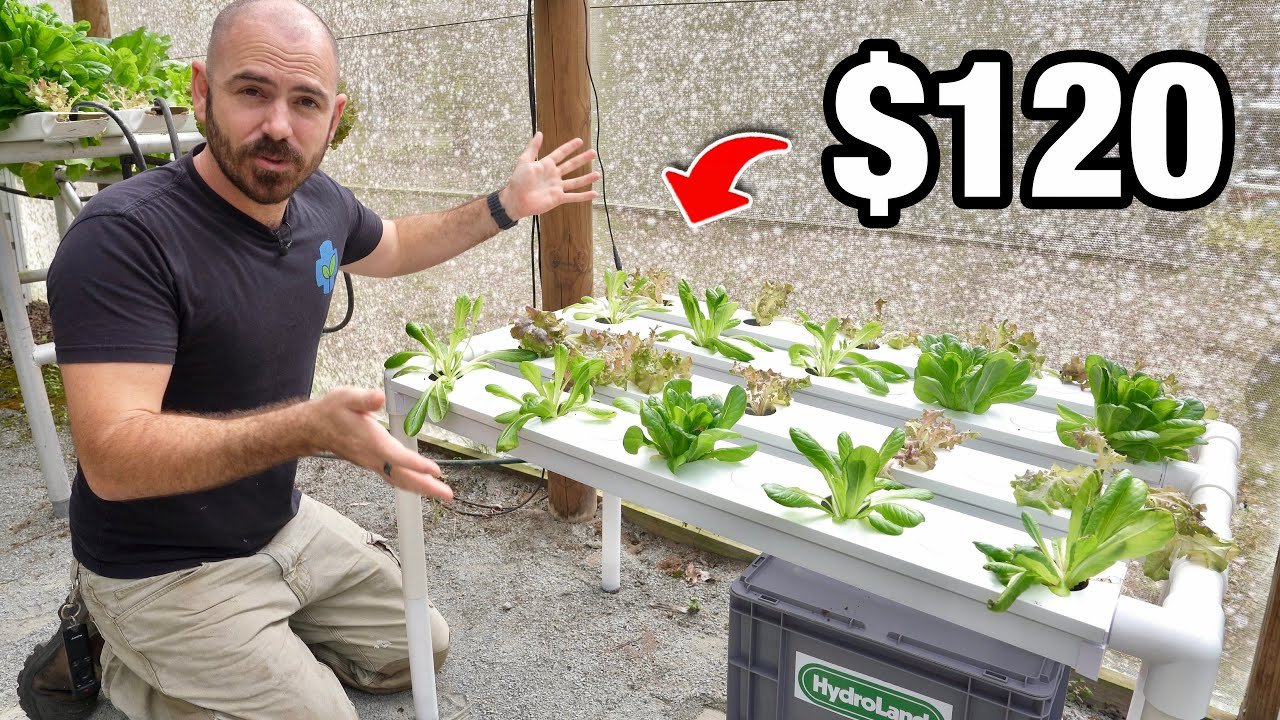
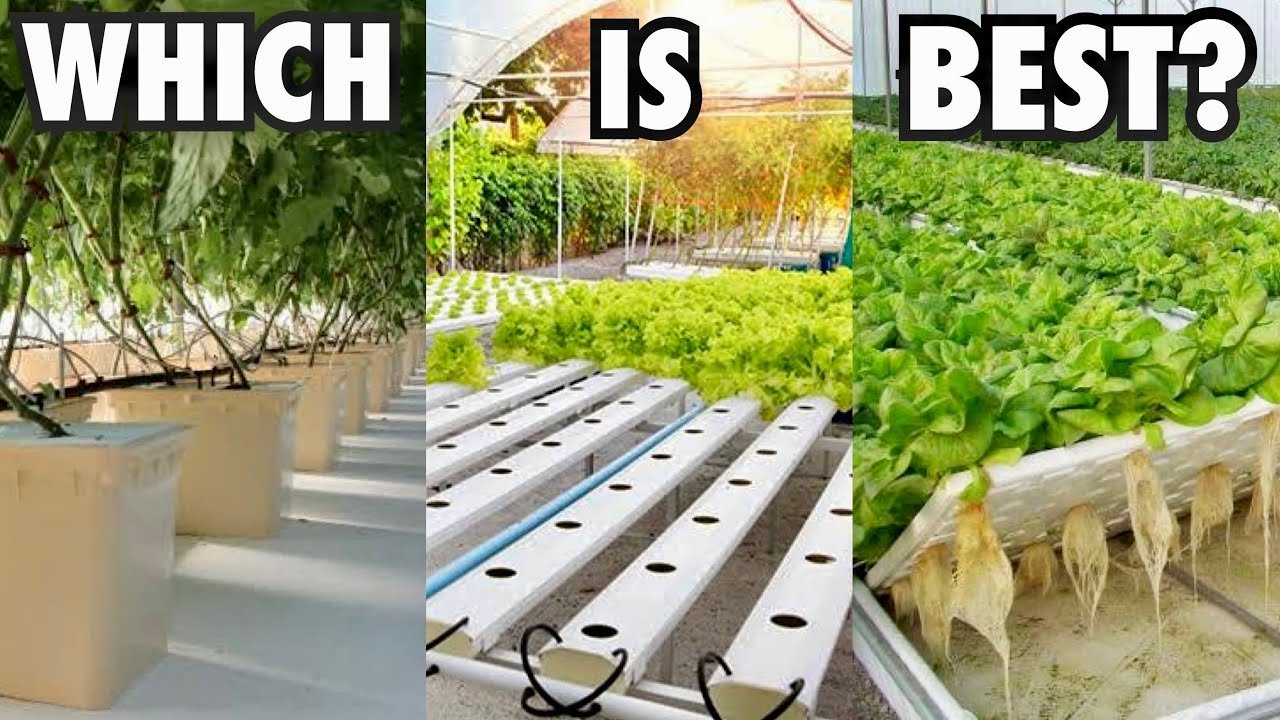
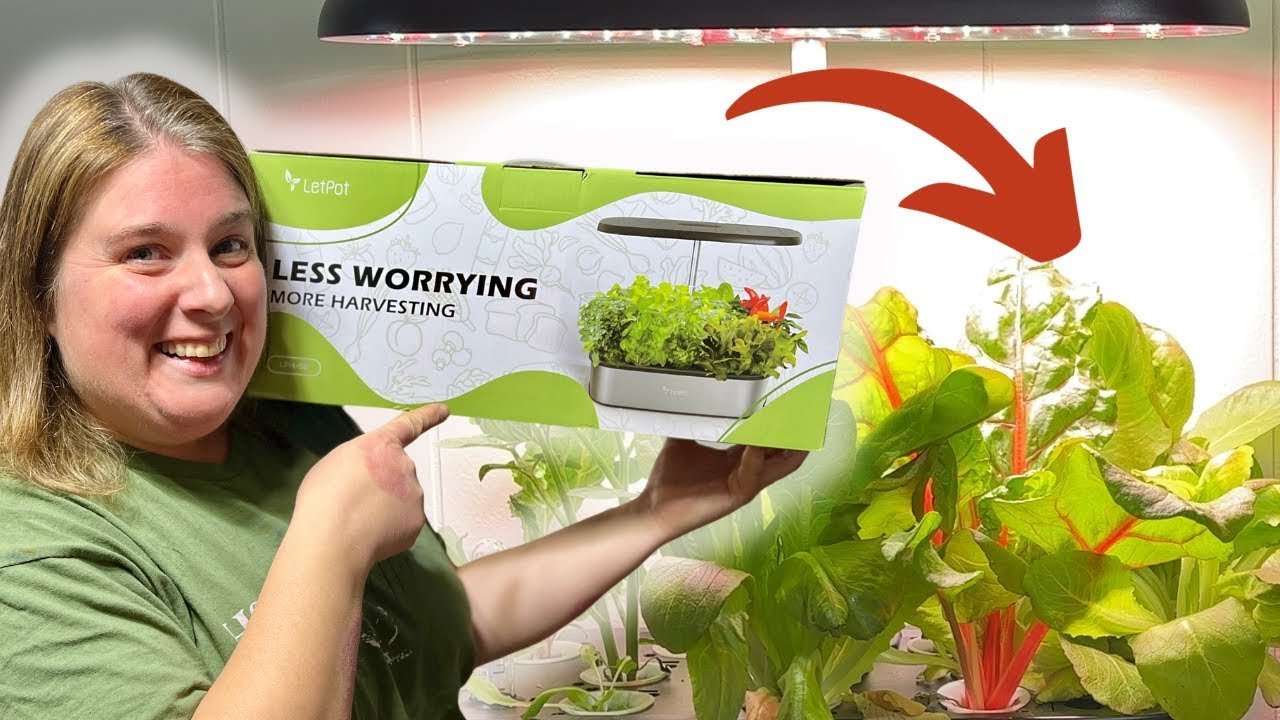
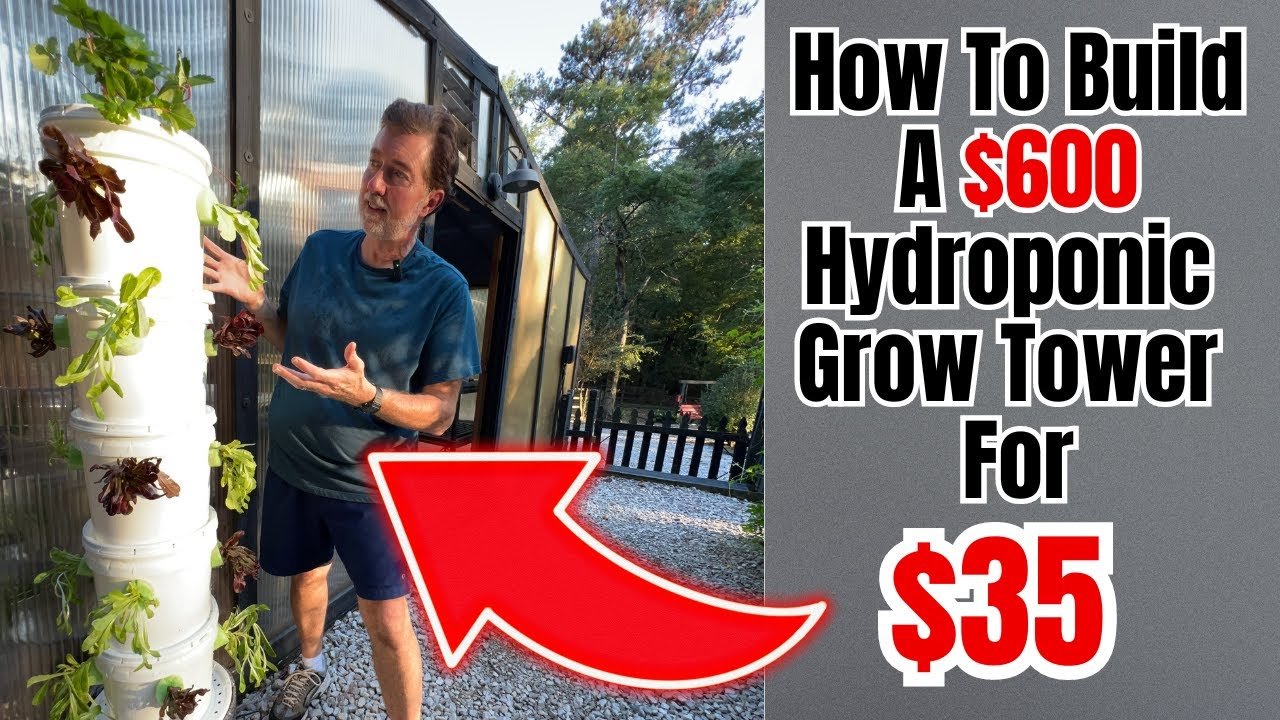
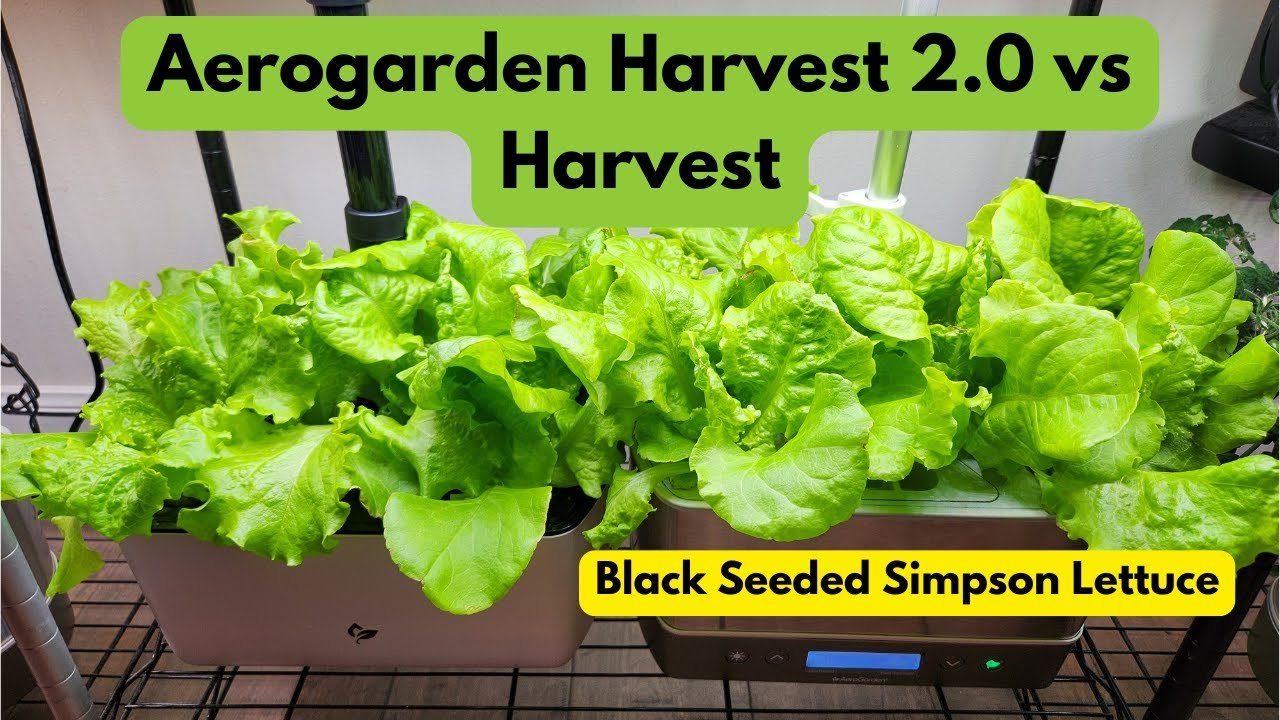

Leave a Reply